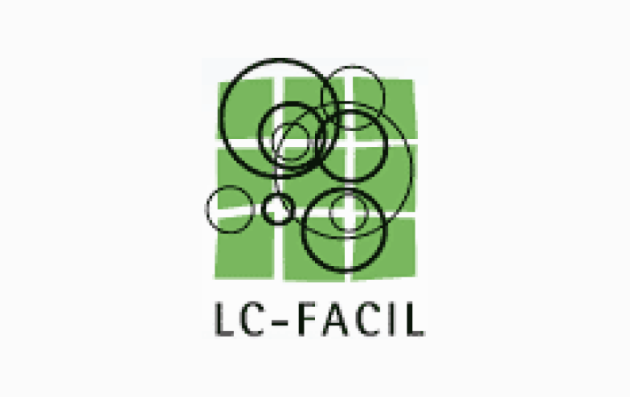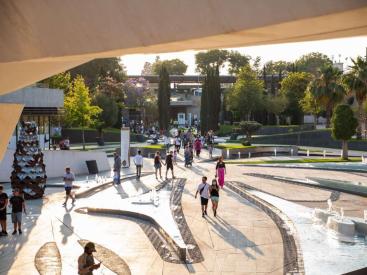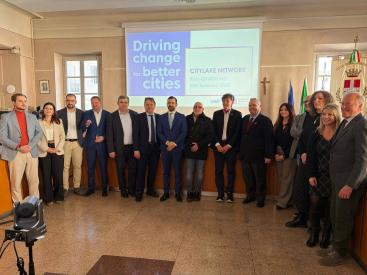21/04/2008 26/05/2010
A working group to facilitate the implementation of integrated sustainable urban development according to the Leipzig Charter.

Summary
Introduction
The project was initiated by the "Leipzig Charter" follow-up process, the development of a "Reference framework for a sustainable city" according to a decision taken at the Informal Ministerial Meeting in Marseille 2008. The ideas of the Leipzig Charter, to reach a sustainable urban development by means of a city-wide integrated approach and by a focus on deprived neighbourhoods, was to be underlined by this non-binding tool for cities.
The work on the Reference framework is done by a European working group with representatives of Member States and European Institutions. In this context the LC-FACIL working group was set up as a "local testing ground" and brings in the partner cities' experience with strategies and instruments on integrated, sustainable urban development, which shall help to define a tool according to the local needs.
Hence the main focus of the project - apart of it's role as "testing ground" - is to interrogate the current status of implementation of integrated sustainable urban development socially (e.g. integration, labour market, skills), economically (e.g. mobility, cities as engines of regional growth), in physical renewal and environmental aspects (e.g. climate change).
A final result shall be a common understanding of the necessary tool set for integrated urban development according to the Leipzig Charter.
Partners
Lead Partner : Leipzig - Germany- Bytom - Poland
- Gothenburg - Sweden
- Kirklees Council
- Rennes - France
- Székesfehérvár - Hungary
- Vitoria-Gasteiz - Spain
Timeline
Project launch
Project completed









